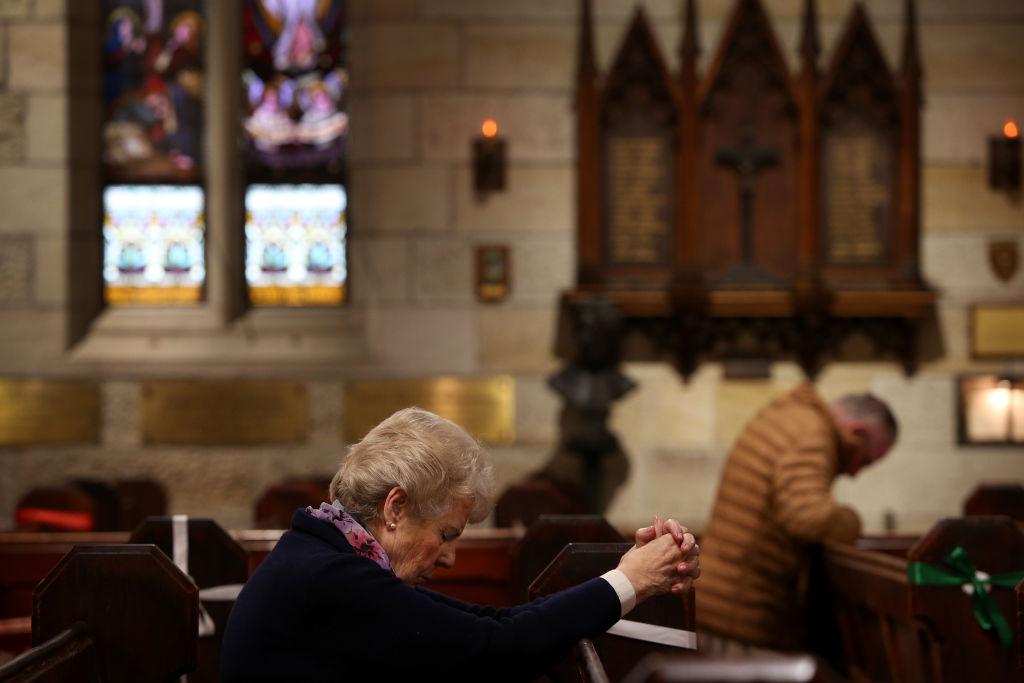Commentary
While the Australian legal tradition cannot lay claim to the historical depth it has in the United States; it was nevertheless built on solid religious foundations.

While the Australian legal tradition cannot lay claim to the historical depth it has in the United States; it was nevertheless built on solid religious foundations.